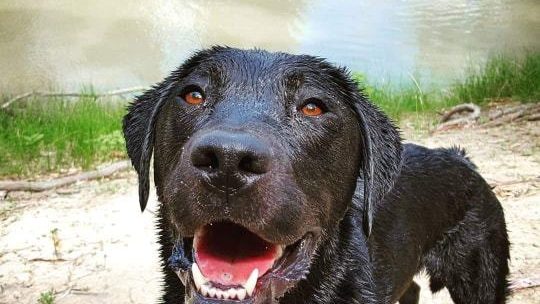Dental Health

The key to management of gum disease for both humans and pets is prevention. Good oral health is maintained by daily oral hygiene and other than daily brushing of the teeth, chewing activities can be effective in maintaining oral health.
For preventative dental health we recommend:
- Healthy Chews — Greenies, denta-bones, etc
- Raw Bones — always choose appropriately sized bones and keep your animal supervised when they chew.
- Medicated foods — Hills T/d diet fed every day is one of the most successful ways to prevent dental disease.
- Daily Brushing — Nothing will be more effective
Peridontal Disease
Bad breath is the most common side effect recognised by pet owners. However quite often this is merely the tip of the iceberg. Other symptoms may include bleeding of the gums, loss of appetite and dropping food when it's eating due to pain.
Peridontal disease results from a build-up of soft dental plaque on the surfaces of the teeth around the gums. When plaque is allowed to accumulate, the bacteria in dental plaque irritates the gum tissue, often leading to infection in the bone surrounding the teeth. Hard dental tartar (calculus) consists of calcium salts from saliva deposited on plaque. Tartar starts to form within a few days on a tooth surface that is not kept clean, and provides a rough surface that enhances further plaque accumulation. Once it has begun to grow in thickness, tartar is difficult to remove without dental instruments.
Watch the video below to find out more on how we treat dental disease at Tea Tree Gully Veterinary Hospital.
For more information contact us, or book an appointment online
 Nav
Nav
 Book Online
Book Online
